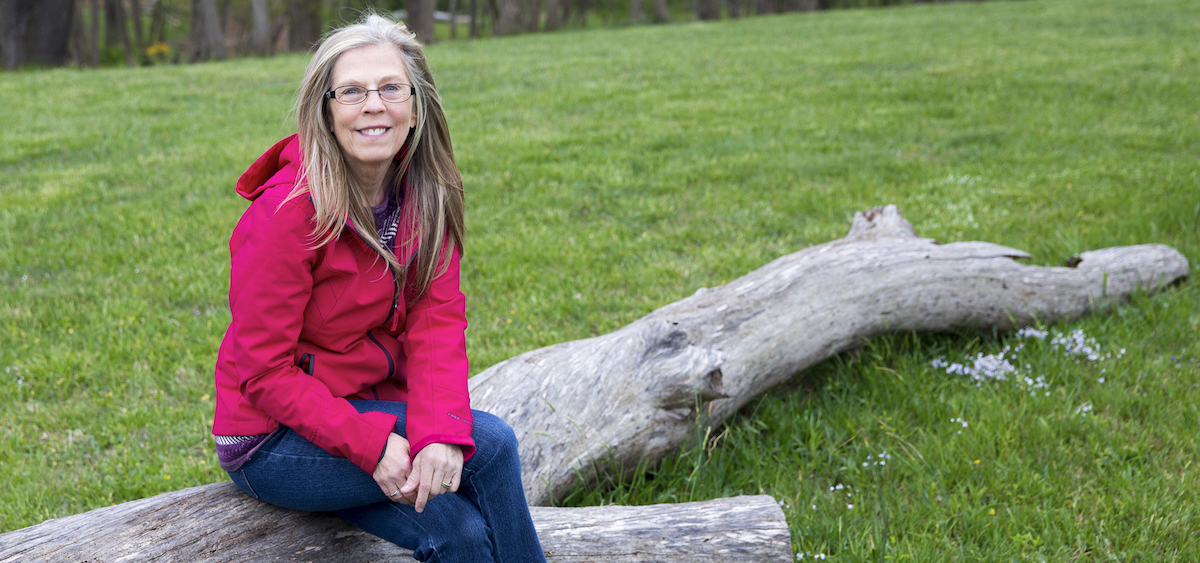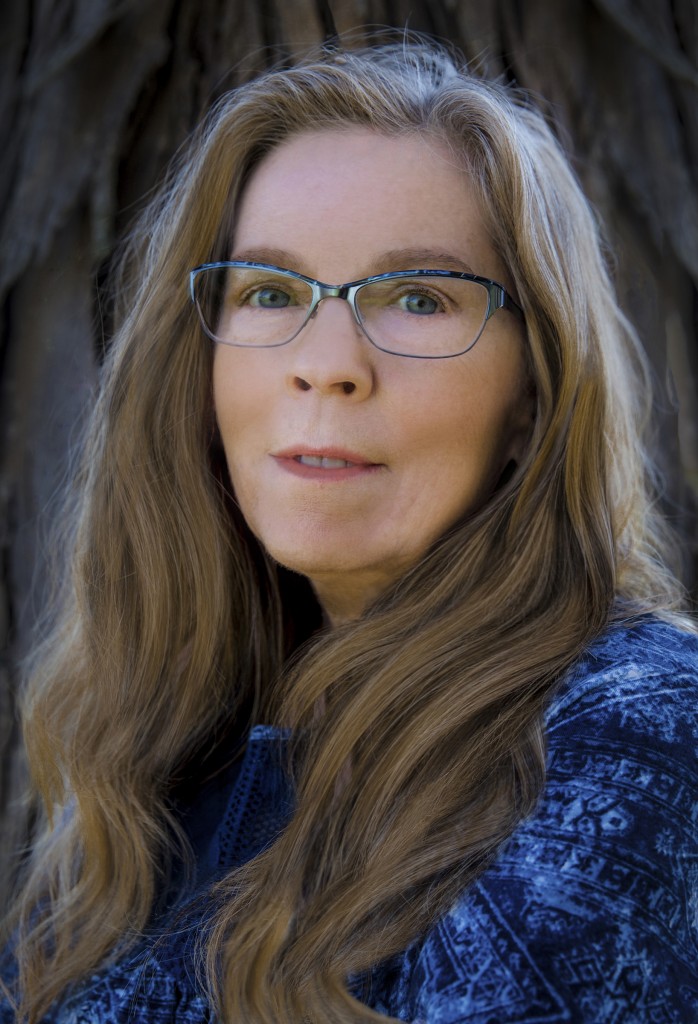Culture

A ‘Few Focused, Clever Words’ Win Athens Native Poetry Award
By: Emily Votaw
Posted on:
Kari Gunter-Seymour’s poems speak of the Appalachian experience – of pride, fear, family, memory, tradition. Of subsidized apartments and homemade desserts made with Crisco. Of a sense of duty; of a sense of voicelessness, of a deep restlessness and a resonance with the valleys and hills of Appalachia.
“My grandfather’s farm is minutes outside of Amesville – and I live in Albany. Athens had always been my center, and I’ve never gone far,” she said in an interview on a balmy afternoon in early May, just weeks after it had been announced that she was the 2017 recipient of the National Federation of State Poetry Societies’ (NFSPS) BlackBerryPeach Spoken and Heard award.
Gunter-Seymour, who is also director of the Women of Appalachia Project, said it was purely serendipitous that she even heard of the competition.
“It’s all rather crazy – I belong to a listserv that sends out weekly emails of various opportunities for writers – and this particular contest appealed to me because I am a performance poet in regards to the fact that I speak in persona,” she said. “I liked the idea that I could submit audio with my work.”
Joe Cavanaugh, the Vice President of the National Federation of State Poetry Societies, said that he was satisfied to see Gunter-Seymour receive the honor, which includes a $1,000 grand prize, the chance to present her work at the NFSPS national convention in Ft. Worth, TX on July 1, a customized chapbook that will be marketed on Amazon, and a YouTube video featuring her work on the NFSPS website.
“As the chairman of the award, I read all the submissions, even though I didn’t make any decisions,” said Cavanaugh. “There are so many genres of spoken word, and all of them speak with a different voice. I was very happy to see Kari win, partially because of the things she addresses in her work – international conflicts, potential for war, potential for suffering – Kari makes it all very real in the characters she creates and the depiction of life she creates.”

Gunter-Seymour began writing poetry in 2009 when her son was deployed in the Middle East.
“At that time, my fears and my anxieties were so profound,” she said. “I started trying to corral those in and condense them.”
After much practice and a lot of determination, her first poem was published in 2011.
“I was so thrilled to see my name in print,” she said. “Since then I’ve had my work published a number of times, but I have never believed in writing to get published. If that’s what you do as a writer, I honestly feel bad for you. It’s very competitive and I think that it is very important that you write because you literally cannot do anything else.”
Gunter-Seymour’s work has accumulated numerous accolades: she’s been a nominee for the prestigious Pushcart Prize twice; her chapbook Serving was a runner-up in the 2016 Yellow Chair Review Annual Chapbook Contest; and her work is in many literary journals, including the Crab Orchard Review, Rattle, Still: The Journal, and Stirring. She also has a B.F.A. in graphic design, a M.A. in commercial photography, and is an instructor at the Ohio University Scripps School of Journalism.
A major theme in Gunter-Seymour’s work is the constant struggle of people in Appalachia; against systemic poverty, domestic violence, drug abuse, and, the culturally assigned stigma that comes along with living in parts of Appalachian America.
“I’ve had my work published a number of times, but I have never believed in writing to get published. If that’s what you do as a writer, I honestly feel bad for you. It’s very competitive and I think that it is very important that you write because you literally cannot do anything else.” – Kari Gunter-Seymour
“It seems like Appalachian culture is one of the last cultures that everybody considers okay to make fun of, and that bothers me,” she said.
The marginalization of the Appalachian people can be easily traced back for well over a century – from the sensationalist journalism that described the occupants of Appalachia as prone to senseless violence and alcoholism in the early 20th century to current cultural prejudices against the approximately 25 million Americans who live in an Appalachian region.
“I am very proud to be representing Athens County, and Athens, OH – but even more so Appalachia as a whole,” said Gunter-Seymour. “I know that a lot of people blame Donald Trump on voters in Appalachia – and depending how you evaluate things maybe that has some truth – because people in Appalachia have long been overlooked. We are considered overfed, under-groomed, and undereducated. I really think that stereotype needs to be addressed and looked at more closely. I see this award as a chance to bring the focus to the Appalachian people on a national level. When people hear my poems, I want them to stop and think ‘wow, I hadn’t ever looked at that in that way.’ Poetry is made up of a few focused and clever words that evoke an emotion – and my hope is that people will think twice about their ideas of what it means to be Appalachian.”

